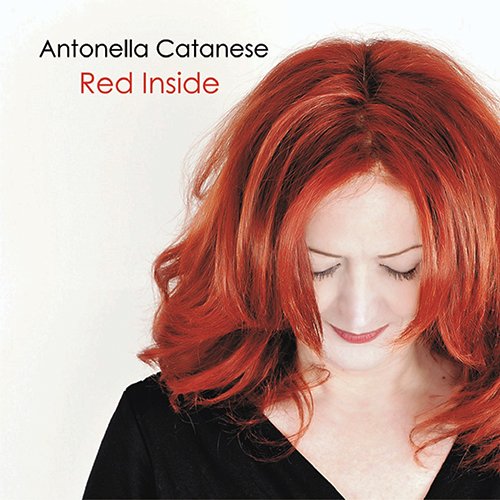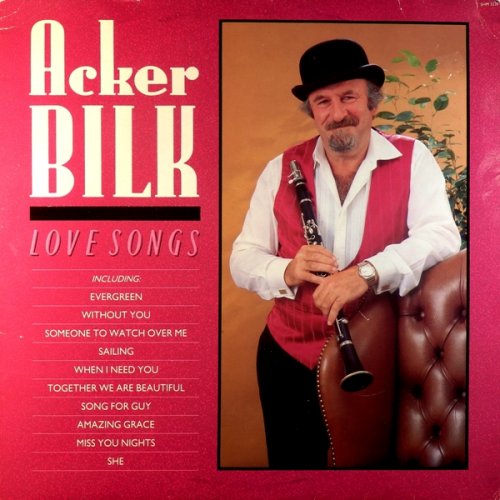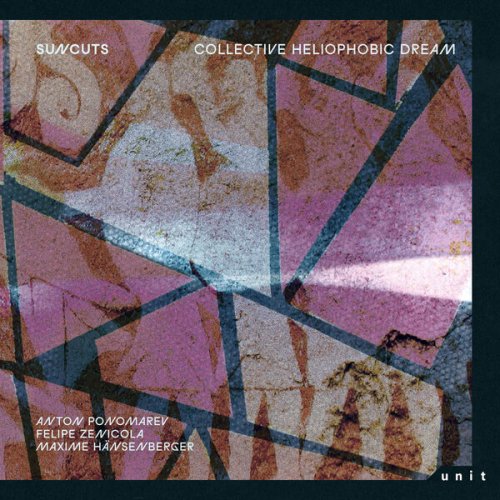Nine Below Zero - DenMark: The Definitive Nine Below Zero Acoustic Collection
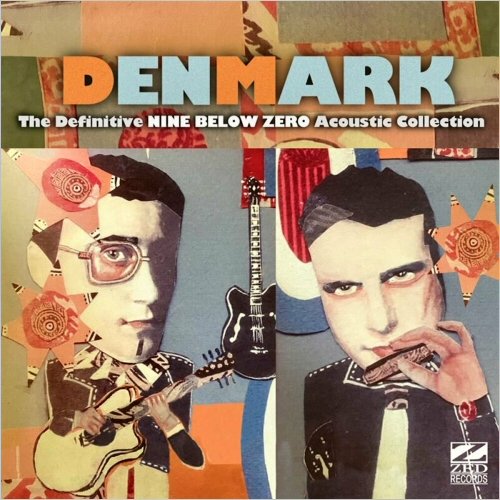
Artist: Nine Below Zero
Title: DenMark: The Definitive Nine Below Zero Acoustic Collection
Year Of Release: 2024
Label: Zed Records
Genre: Harmonica Blues, Acoustic Blues
Quality: FLAC 24/44.1 (tracks) | FLAC 16/44.1 (tracks) | MP3 320 kbps
Total Time: 1:28:38
Total Size: 0.99 GB | 596 MB | 210 MB
WebSite: Album Preview
Tracklist:Title: DenMark: The Definitive Nine Below Zero Acoustic Collection
Year Of Release: 2024
Label: Zed Records
Genre: Harmonica Blues, Acoustic Blues
Quality: FLAC 24/44.1 (tracks) | FLAC 16/44.1 (tracks) | MP3 320 kbps
Total Time: 1:28:38
Total Size: 0.99 GB | 596 MB | 210 MB
WebSite: Album Preview
01. The Story Of Nathan John (3:40)
02. What's Going On (3:48)
03. You Made Your Bed (So You Better Lie In It) (2:11)
04. Ice Cream Man (3:17)
05. Spanish Harlem (2:55)
06. Sail Away (4:40)
07. Kiddio (3:23)
08. Drinking Champagne (3:28)
09. White Boys Lost In The Blues (5:23)
10. The Ballard Of Dombovar (3:31)
11. Someday The Sun Won't Shine For You (2:33)
12. Bring It On Home (4:46)
13. Harmonica For J And R (1:17)
14. Sunny (3:14)
15. Why Don't You Try Me Tonight (5:07)
16. Cherry Pink And Apple Blossom White (2:06)
17. Carmelita (5:09)
18. Stone Fox Chase (3:04)
19. She's A Loaded Gun (4:26)
20. Helen (4:16)
21. Slide Off Of Your Satin Sheets (3:41)
22. One Scotch, One Bourbon, One Beer (2:32)
23. Amazing Grace (2:13)
24. Born And Living With The Blues (3:31)
25. Drinkin' Wine Spo-Dee-O-Dee (2:54)
26. Denmark (1:22)
DenMark, a brand-new 2-CD album is the definitive Nine Below Zero acoustic collection, featuring 26 new songs, 13 new tracks, and another 13 some of which you may know already from the Duo and Chilled albums - but to make these special for the DenMark album, these songs have been reworked, production added and subtracted, and a new mix & master! This album really does feature Dennis Greaves and Mark Feltham's finest acoustic offerings, with the new recordings capturing them at their expressive best.
This album really does feature Dennis and Mark's finest acoustic offerings, with the new recordings capturing them at their expressive best.
Nine Below Zero started life in South London during 1977, in the midst of the punk rock boom in England -- but their sound and inspiration were so totally counterintuitive to what was going on in punk rock that they scarcely seemed to be part of that movement, apart from their extremely energetic attack on their instruments. Rather than noise for its own sake or auto-destruction, their inspiration lay in classic Chicago blues (though John Mayall's early music and that of the Who and the Kinks from early in their careers also figured into their sound). Dennis Greaves (lead vocals, guitar), Peter Clark (bass), and Kenny Bradley (drums) -- soon joined by Mark Feltham (who actually replaced a teacher of theirs who had sat in on the early gigs) on vocals and harmonica -- were schoolmates and friends who shared a love of blues; all had all come into the world in the early '60s, and might well have resigned themselves to having missed the boat for the British blues revival by virtue of having been born in the midst of it. Instead, they reached back to that era and found themselves pegged as part of the "mod revival" in the midst of the punk era.
Originally billed as Stan's Blues Band, they made a name for themselves locally in South London, sounding a lot like the Who from their "maximum R&B" days and the Kinks from their early days, and arrived as younger rivals to Dr. Feelgood. A couple of years later, they acquired a manager and a new name, taken from a song by Sonny Boy Williamson II, and cut a debut record on their own label. By 1980, they'd been signed to A&M Records' British division and took the bold step of making their major-label debut a live album from the Marquee Club in London -- to judge from the results, one heartily wished that some of the earlier bands that inspired them had displayed similar daring. Live at the Marquee, recorded on June 16, 1980 -- by which time Stix Burkey had replaced Bradley on the drums -- was a success and led to their follow-up album. For their sophomore effort, Don't Point Your Finger, they were determined to translate their live energy into the studio and turned to no less a producer than Glyn Johns, who had worked with the Rolling Stones and the Who in their respective best years. The resulting record reached number 56 on the British charts.
The band's upward momentum was slowed in the years that followed, with Clark's departure (replaced by Brian Berhall), though a third album, Third Degree, followed -- but it seemed as though the moment had passed, as that record never got the attention or recognition it deserved from the press or the public. Greaves' involvement with an outfit called the Truth, who coalesced as a full-time band in 1984, seemed to bring an end to Nine Below Zero, and that might have been as far as the group got. But a 1990 reunion got them playing before sell-out audiences, and the group has been working ever since, with Greaves on lead guitar and Mark Feltham even returning to the fold in 2001. ~Bruce Eder
This album really does feature Dennis and Mark's finest acoustic offerings, with the new recordings capturing them at their expressive best.
Nine Below Zero started life in South London during 1977, in the midst of the punk rock boom in England -- but their sound and inspiration were so totally counterintuitive to what was going on in punk rock that they scarcely seemed to be part of that movement, apart from their extremely energetic attack on their instruments. Rather than noise for its own sake or auto-destruction, their inspiration lay in classic Chicago blues (though John Mayall's early music and that of the Who and the Kinks from early in their careers also figured into their sound). Dennis Greaves (lead vocals, guitar), Peter Clark (bass), and Kenny Bradley (drums) -- soon joined by Mark Feltham (who actually replaced a teacher of theirs who had sat in on the early gigs) on vocals and harmonica -- were schoolmates and friends who shared a love of blues; all had all come into the world in the early '60s, and might well have resigned themselves to having missed the boat for the British blues revival by virtue of having been born in the midst of it. Instead, they reached back to that era and found themselves pegged as part of the "mod revival" in the midst of the punk era.
Originally billed as Stan's Blues Band, they made a name for themselves locally in South London, sounding a lot like the Who from their "maximum R&B" days and the Kinks from their early days, and arrived as younger rivals to Dr. Feelgood. A couple of years later, they acquired a manager and a new name, taken from a song by Sonny Boy Williamson II, and cut a debut record on their own label. By 1980, they'd been signed to A&M Records' British division and took the bold step of making their major-label debut a live album from the Marquee Club in London -- to judge from the results, one heartily wished that some of the earlier bands that inspired them had displayed similar daring. Live at the Marquee, recorded on June 16, 1980 -- by which time Stix Burkey had replaced Bradley on the drums -- was a success and led to their follow-up album. For their sophomore effort, Don't Point Your Finger, they were determined to translate their live energy into the studio and turned to no less a producer than Glyn Johns, who had worked with the Rolling Stones and the Who in their respective best years. The resulting record reached number 56 on the British charts.
The band's upward momentum was slowed in the years that followed, with Clark's departure (replaced by Brian Berhall), though a third album, Third Degree, followed -- but it seemed as though the moment had passed, as that record never got the attention or recognition it deserved from the press or the public. Greaves' involvement with an outfit called the Truth, who coalesced as a full-time band in 1984, seemed to bring an end to Nine Below Zero, and that might have been as far as the group got. But a 1990 reunion got them playing before sell-out audiences, and the group has been working ever since, with Greaves on lead guitar and Mark Feltham even returning to the fold in 2001. ~Bruce Eder
![Alcides Neto - Amú (2026) [Hi-Res] Alcides Neto - Amú (2026) [Hi-Res]](https://img.israbox.com/img/2026-02/26/mtckmw6jmvula60sukh6h3h26.jpg)
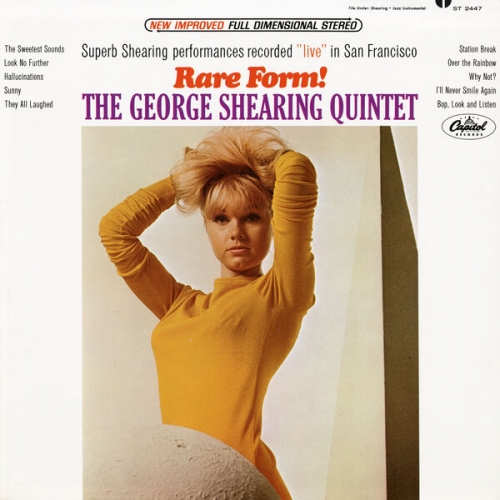
![Double Drums, Philipp Jungk & Alexander Glöggler - All You Can Beat (2026) [Hi-Res] Double Drums, Philipp Jungk & Alexander Glöggler - All You Can Beat (2026) [Hi-Res]](https://www.dibpic.com/uploads/posts/2026-02/1771946421_folder.jpg)
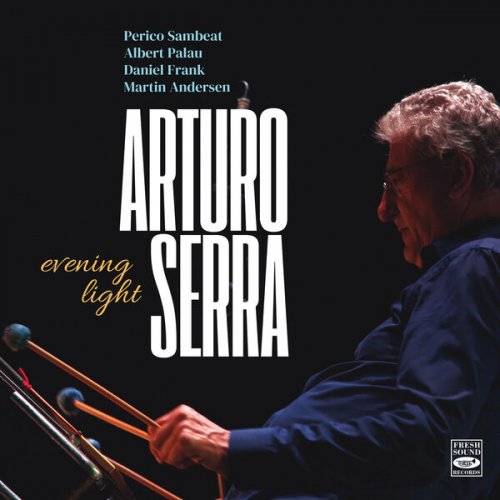
![Antonio Faraò & Stéphane Belmondo - Do it! (2026) [Hi-Res] Antonio Faraò & Stéphane Belmondo - Do it! (2026) [Hi-Res]](https://www.dibpic.com/uploads/posts/2026-02/1772037177_1.jpg)

